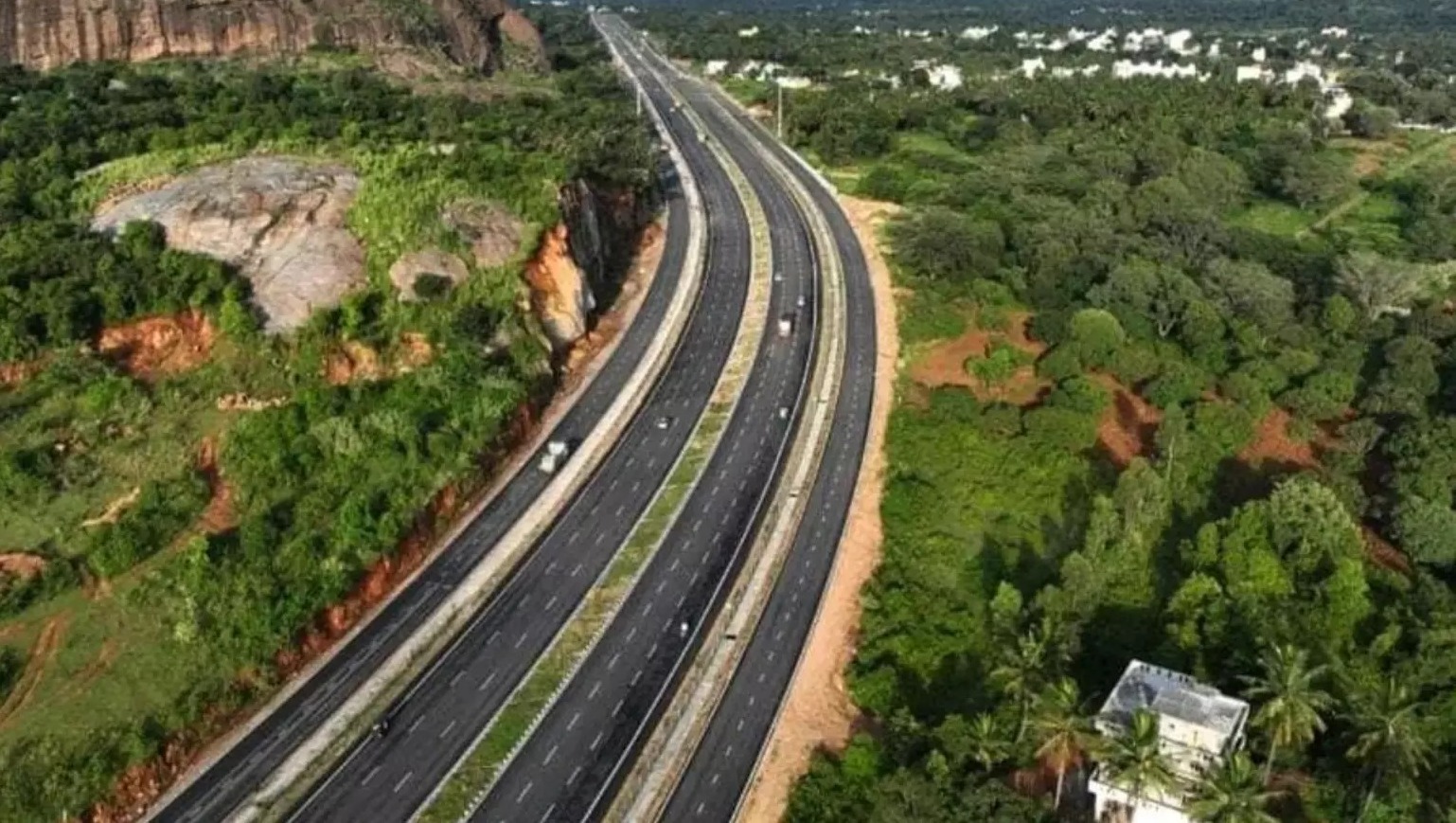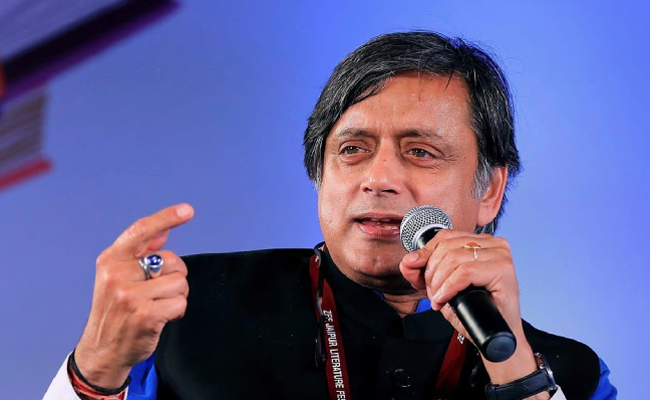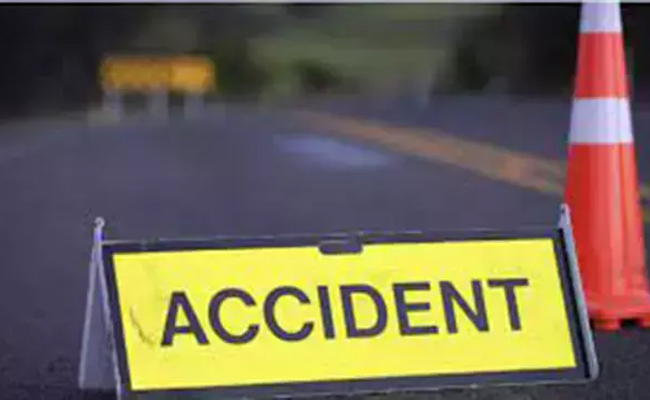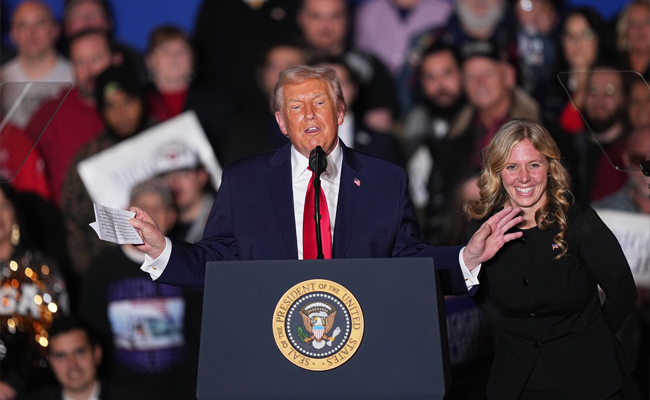Bengaluru: As a part of the measures taken by the Police Department and the National Highway Authority of India (NHAI) for the safety of drivers on the Bengaluru-Mysuru highway, 60 cameras have been installed in order to detect and prevent sectional overspeeding on the highway.
The traffic and road safety wing of the Karnataka Police Department has installed 48 radar-based Automatic Number Plate Recognition (ANPR) cameras at six points on the 119-km stretch at a cost of Rs 3.5 crore while the National Highway Authority of India (NHAI) has installed video cameras at three points.
The cameras are meant to capture the incidents on the service roads too, for detection of violation, and generation of challans automatically to the vehicle owners. Testing of the cameras is on while the process of issuing challans is set to begin soon.
Alok Kumar, the Additional Director General of Police (Traffic and Road Safety and Training), has said that the cameras will calculate the average time required for a vehicle to cross a section between two camera poles and calculate if a driver was violating the speed limit. This will ensure that a driver does not slow down just while approaching a camera pole as he/she will have to maintain the permissible speed throughout the stretch.
The ADGP said that the cameras would also help in detecting seatbelt violations, mobile phone use while driving, lane violations and unauthorized access of non-motorized vehicles, two and three-wheelers on the highway.
He said that the cameras would be installed at accident-prone areas like Ganangooru, Channapatna, Ramanagara and Maddur, also stating that vendors have been instructed to enable to newly installed camera systems to detect sectional overspeeding on the highway.
Let the Truth be known. If you read VB and like VB, please be a VB Supporter and Help us deliver the Truth to one and all.
Tezpur (PTI): A retired Indian Air Force personnel has been arrested in Assam's Sonitpur district for alleged links with Pakistani intelligence operatives, police said on Saturday.
Additional Superintendent of Police Haricharan Bhumij said preliminary investigation revealed that the accused had shared sensitive documents and information with Pakistani operatives over social media.
Police have seized his laptop and mobile phone.
The devices have been sent for forensic examination, though some data has been deleted, Bhumij said.
The accused was a junior warrant officer in the IAF and had retired in 2002 from Tezpur’s Salonibari base.
He had later joined the electronics department of Tezpur University, but quit.
Bhumij said a case has been registered under the relevant sections of the BNS and a local court has remanded the accused to five days police custody.





